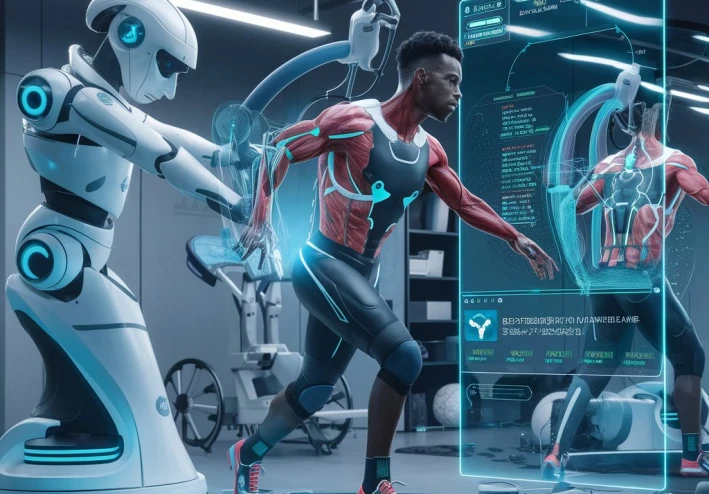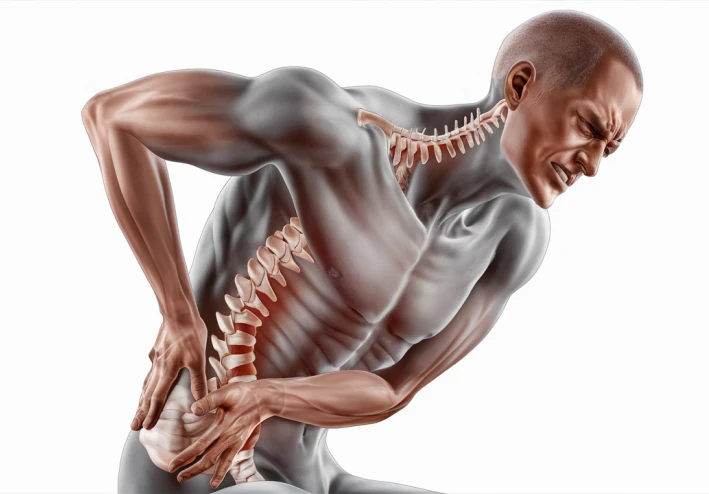
The future of sports medicine | Medicine Robots
The future of sports medicine holds immense promise, driven by ongoing advancements in various fields such as medicine, technology, and training methods. Here are some potential developments we might see

Personalized Medicine
With the advancement of genetics and biotechnology, sports medicine could become increasingly personalized. Athletes may undergo genetic testing to understand their predisposition to certain injuries or their optimal training and recovery strategies.
Regenerative Therapies
Stem cell research and regenerative medicine offer the potential to revolutionize the treatment of sports injuries. Techniques like platelet-rich plasma (PRP) therapy and stem cell injections could become more widespread, allowing athletes to recover from injuries faster and with better outcomes.
Advanced Rehabilitation Techniques
Virtual reality (VR) and augmented reality (AR) could play significant roles in sports injury rehabilitation. These technologies could provide immersive environments for athletes to engage in rehabilitation exercises, enhancing motivation and accelerating recovery.
Wearable Technology
The integration of wearable devices and sensors will continue to expand, providing real-time data on athletes' performance, biomechanics, and health metrics. This information can help identify injury risks early and optimize training programs for better performance and injury prevention.
Nutritional Optimization
Sports medicine will increasingly focus on optimizing athletes' nutrition for performance and injury prevention. Advances in nutritional science and personalized dietary planning could become integral parts of sports medicine programs.
Biomechanical Analysis

High-resolution biomechanical analysis using motion capture technology and advanced imaging techniques will enable precise assessment of athletes' movement patterns and biomechanics. This information can be used to identify biomechanical deficiencies that predispose athletes to injury and develop targeted interventions.
Game Design and Equipment Innovation
Sports medicine will extend beyond the athlete's body to encompass the design of sports equipment and the rules of games. Innovations such as impact-absorbing materials in sports gear and changes in game rules to enhance player safety could significantly reduce the risk of injuries.
Integration of AI and Machine Learning
Artificial intelligence (AI) and machine learning algorithms will play increasingly important roles in sports medicine. These technologies can analyze vast amounts of data to identify patterns, predict injuries, and optimize treatment and rehabilitation protocols.

Overall: the future of sports medicine is likely to be characterized by a multidisciplinary approach, integrating insights from medicine, technology, nutrition, and biomechanics to optimize athletic performance, prevent injuries, and promote overall athlete health and well-being.


































